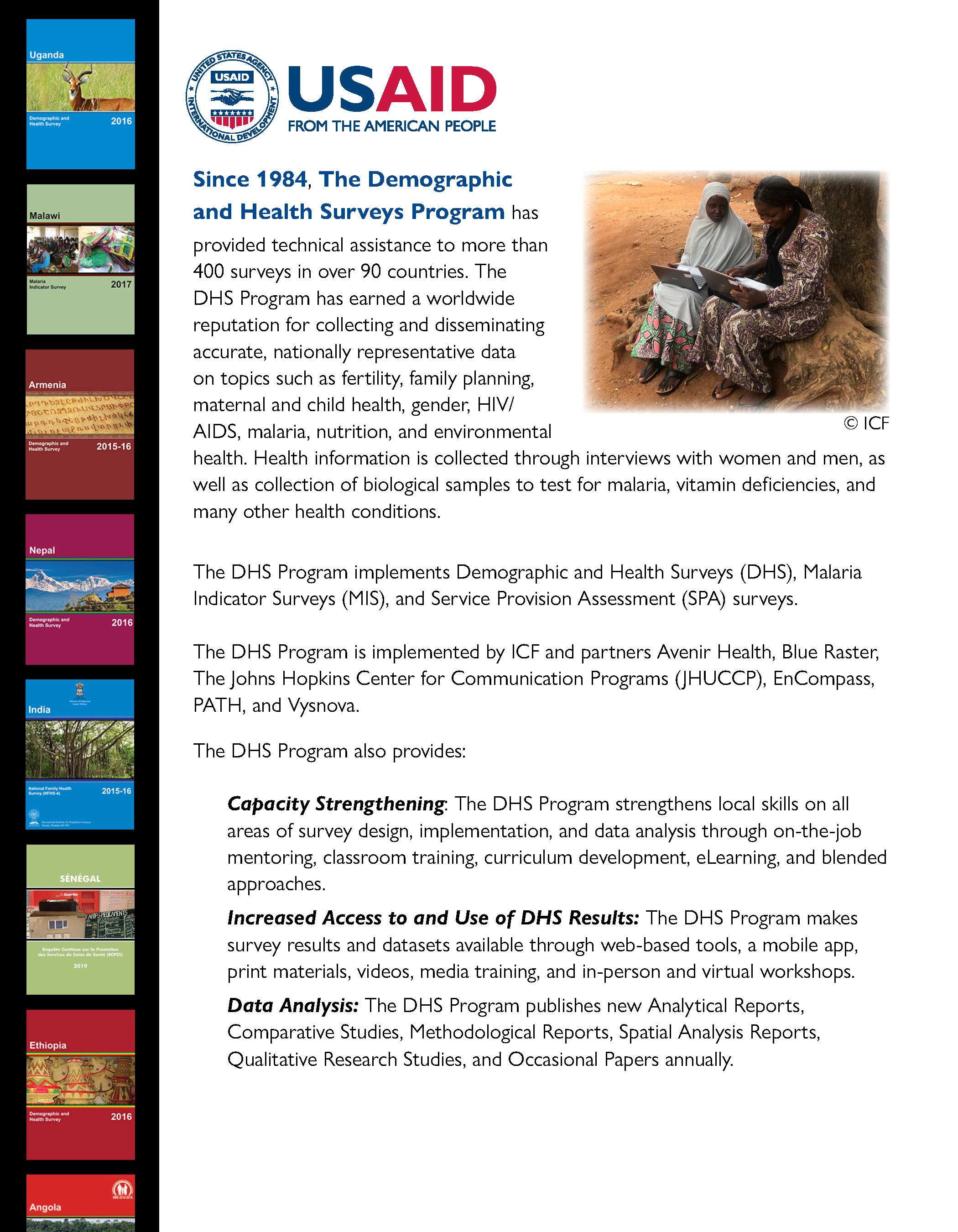| Body: |
Dar es Salaam, Tanzania. Almost one in five (18 percent) children under age 5 in Tanzania has malaria according to the recently released 2007-08 Tanzania HIV/AIDS and Malaria Indicator Survey (THMIS). Malaria is one of the largest killers of children in Tanzania and also compromises the health of pregnant women. Prevention practices are increasing throughout Tanzania, the report shows, but more significant efforts are needed to reduce the burden of malaria nationwide. The THMIS was funded by the Government of Tanzania, the United States Agency for International Development, and the President’s Emergency Plan for AIDS Relief. The National Bureau of Statistics and the Office of Chief Government Statistician, Zanzibar conducted the survey.
These malaria rates are estimated from blood tests among more than 6,400 children age 6-59 months as part of the THMIS. Throughout Tanzania malaria varies widely by region, ranging from less than 1% of children in Arusha to more than 30% of children in Kagera, Lindi, Mara, Mtwara, and Mwanza. In general, malaria is rare in Northern, Eastern, Central, and Southern Highland Zones, and very high in Lake and Southern zones. Only 7% of children in urban areas have malaria compared to 20% in rural areas. Malaria is highest among children whose mothers have little education and among those from the poorest households.
The good news is that ownership and use of mosquito nets has increased in the last four years. According to the 2007-08 THMIS, 39% of households currently own an insecticide-treated nets (ITN) compared to only 23% in the 2004-05 Tanzania Demographic and Health Survey (TDHS). Still, less than half of households in Kagera, Lindi, Mtwara, and Mwanza, highly malaria endemic areas, have ITNs. The current survey also reports that 26% of children under five now sleep under ITNs, up from only 16% in the 2004-05 TDHS. Pregnant women are also much more likely to be using ITNs (16 and 36 percent, respectively).
Most pregnant women are not receiving the recommended preventive treatment for malaria, the THMIS reports. Less than one in three (30%) pregnant women took at least two doses of the antimalarial SP/Fansidar during their pregnancy. Women from the wealthiest households are almost twice as likely to receive the recommended antimalarial doses as those from the poorest households.
Many children with malaria symptoms are not being properly treated. Only about half of children with fever are taken to a health care facility, while others are treated at home and some are not treated at all. And, although more than half of children with fever received an antimalarial, only one in five received ALu/Coartem, the recommended and most effective drug.
About the survey: The 2007-08 THMIS is the eighth national survey carried out as part of the Demographic and Health Surveys project in Tanzania. It is the second comprehensive survey on HIV/AIDS carried out in Tanzania. The THMIS included malaria testing of over 6,400 children age 6-59 months through rapid diagnostic blood tests. Parental consent was obtained for all testing and children who tested positive for malaria and those who had fever in the two weeks prior to the survey were offered ALu/Coartem. The THMIS was commissioned by the Tanzania Commission for AIDS (TACAIDS) and the Zanzibar AIDS Commission (ZAC) and implemented by the National Bureau of Statistics (NBS) and the Office of Chief Government Statistician, Zanzibar (OCGS). Macro International Inc. provided technical assistance for the survey through the United States Agency for International Development (USAID)-funded MEASURE DHS programme. Other assistance was provided by the National AIDS Control Programme, the National Malaria Control Programme, the Ministry of Health and Social Welfare, the Zanzibar AIDS Control Programme, and the Muhimbili University College of Health Sciences.
|
